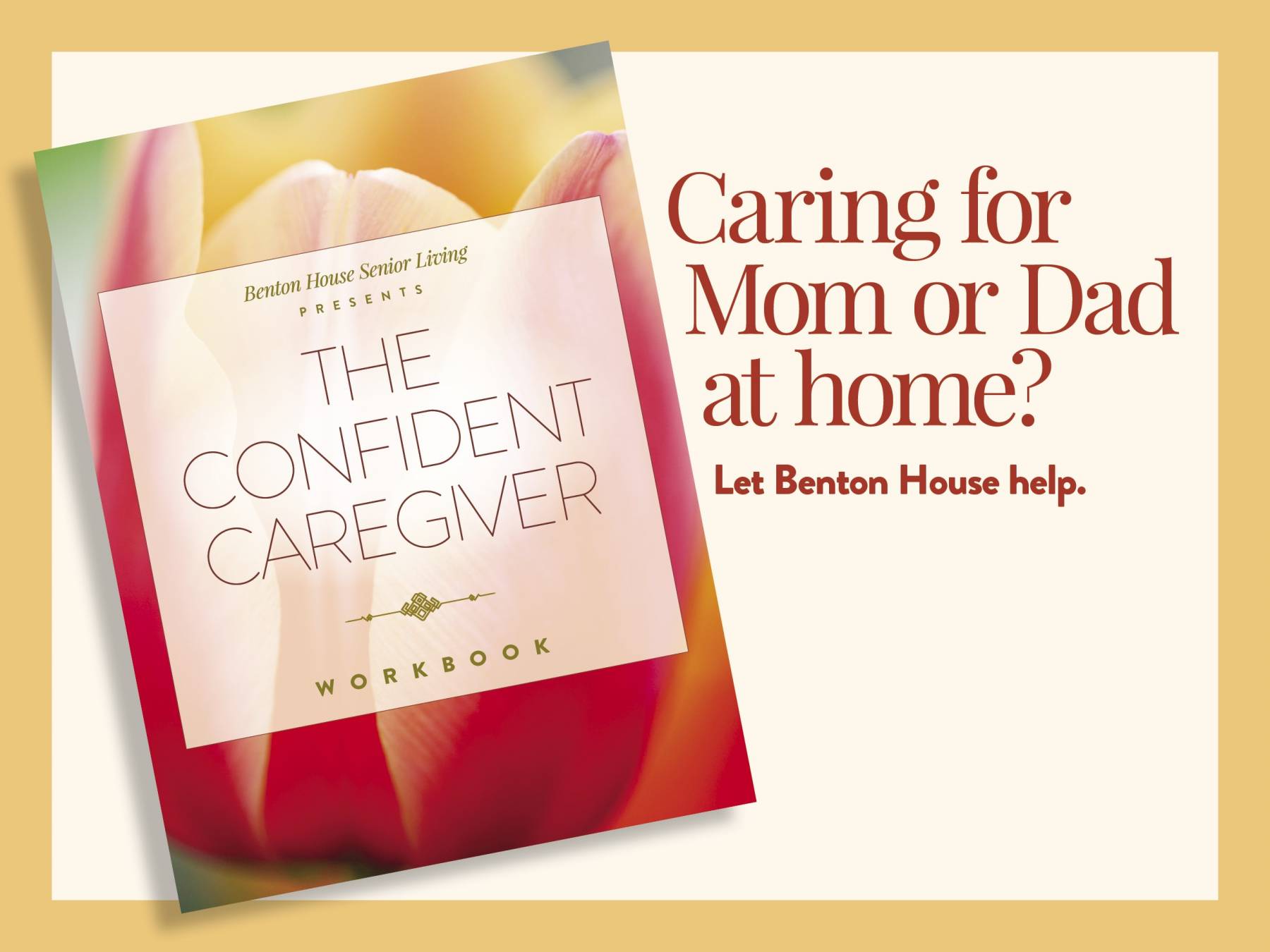If you’re a caregiver to a senior loved one, you probably know this unfortunate reality: while abuse can happen to anyone, older people are particularly vulnerable.
But did you also know that elder abuse is increasing in the U.S., in particular since COVID-19?
In fact, 21.3% of older persons reported experiencing abuse, an increase of 83.6% from before the pandemic.
It can take many forms, however, making it challenging to spot sometimes.
In this article, we’ll explore the seven types of elder abuse, according to the American Psychological Association, and offer you some tools to help keep your senior loved one safe.
7 Types of Elder Abuse
Let’s take a look at the seven types of elder abuse identified by the American Psychological Association, so you can best protect your senior loved one.
Physical abuse
Physical abuse of elders includes when a senior experiences bodily injury, physical pain, or impairment.
Examples: Distress or even death as a result of someone intentionally using physical force—like hitting, pushing, or burning.
Sexual abuse
Sexual abuse of elders includes non-consensual contact of any kind. Sexual contact with an elderly person who can’t give consent for any reason, or who is too confused to comprehend the situation is also sexual abuse.
Examples: Forced nudity, any type of sexual assault and battery, unwanted touching.
Emotional abuse
Emotional abuse of elders is an act that causes emotional pain or distress. Other types of abuse often result in emotional abuse as well.
Examples: Verbal assaults, intimidation, threats, or harassment.
Financial Abuse
Financial abuse of elders includes a range of fraud, scams, or other illegal or improper use of a senior’s funds, assets, or property.
Examples: Cashing checks without authorization, coercing an elderly person into signing a document, forging signatures.
Neglect
Neglect as a type of elderly abuse usually means that a caregiver has failed to fulfill their duties to an older person.
Examples; Not providing basic life necessities to a dependent senior, like clean water, food, shelter, or clothes.
Abandonment
Abandonment is when a designated caregiver or guardian leaves a senior to take care of themselves.
Examples: Leaving an elder somewhere without discussing their choice in the matter, or in any way deserting them.
Self-neglect
Self-neglect refer to when an elderly person threatens his or her own health or safety. This could be for many reasons, like lowered physical or mental competency.
Examples: When a senior fails to keep themselves fed, clothed, or sheltered.
What to Do if You Suspect Elder Abuse of a Senior Loved One
While it’s tough to read the stats about types of elder abuse, you’ll be glad to know there is actually quite a lot you can do to protect your senior loved ones.
We pulled together the following checklist of ways you can be proactive. Browse through, and if you see any you’d like more specific guidance with, feel free to reach out to us for support.
- Get to know caregivers by dropping in during service from time to time
- Stay in touch with senior loved ones and check comfort of senior without staff present
- If your loved one lives alone, make sure there are folks checking in on them several times a week to make sure they’re properly dressed and eating, etc
- Help your loved one understand they should limit amount of personal information they post on social media, and add only people they actually know
- Appoint contact for accountants and investments/designate a financial Power of Attorney (POA)
- Consider a service that tracks bank accounts/investments/credit cards
- Enroll in mobile banking notifications; include POA or family member on notifications
- Shred bank documents/credit card receipts and financial records prior to throwing away
- Consult with an attorney/family member prior to making large purchases or investments
- Run background checks or confirm with agency if hiring caregivers
- Confirm with agency staff senior offers of gifts or additional compensation is not approved
- Register with the Do Not Call Registry – 888-382-1222
- Keep seniors up to date on common scams
- Help seniors understand they should caller’s urge to act quickly on any offers
- Research companies or proposed offers your loved one mentions
- Make sure seniors know they should never share financial information/secure valuables and all financial information
- Teach your loved one they should never send a gift card as payment
- Share solicitation offers with Power Of Attorney prior to purchase
- Report financial fraud/suspected fraud to local law enforcement
- Contact financial institutions if you suspect fraud
- Consider identity theft insurance
Next Steps
Have questions? We’re always here to talk through how we can best support you and your family.
If you could use any more specific guidance on protecting your loved one from elder abuse, we’d love to help. Feel free to call us at 855-461-2552, or send us a message, anytime.



